Unschooling Isn’t Mysterious
This is a guest post from former contributor Amy Schuff of AmySchuff.com.
Unschooling Isn’t Mysterious
So maybe unschooling is a bit intriguing to you, maybe a little bit interesting, a little bit mysterious. You’re conjuring up images in your mind of children who never get bathed, walk barefoot all the time, and eat out of dog bowls (well, maybe just two out of three are true!).
You like the idea of not pulling out workbooks every day, of having less structured days, or at least seeing your structure change into flexibility. If that is you, I want to say that there’s nothing mysterious about unschooling. Traditional schooling at home is mysterious! How do they get it all done? They must know about more hours in the day…I wonder where I can get some?!
A mom recently told me that she just started homeschooling and it is “SO HARD” (her words, capitalized and everything!). I immediately typed back to her (because no one holds real phone conversations anymore), “Why so hard?” I’m not being patronizing; I’m genuinely asking…why is homeschooling so hard?
I’m not asking why having three young children at home, and the house work, and making dinner and wiping noses is hard. That is HARD. But the schoolwork, the actual learning part, how is that hard? Is it because you have a child who doesn’t want to cooperate? I can relate. Is it because you have a special needs child? If so, I want to direct you to the other lovely women on this blog who have experience in that area.
Is it hard because your 7-year-old just won’t learn his vowel sounds? Vowel sounds are hard. Give him some time. He’s still a baby.
Is it hard because your 11 year old hates worksheets of multiplication? I’m no help, cause I despise them too.
Unschooling isn’t about letting your child run rampant and not teaching them anything. There is a movement of unschoolers who are completely hands off, allowing their children to 100% learn by osmosis. That type of unschooling is not what I’m talking about. I’m talking about taking the idea of a traditional school method, throwing that out the window and experiencing life with your kids. Unschooling to me is about fostering a love of learning in your children. No, our kids may never love learning math, but what about the WAY they are learning? No one ever said you have to do a worksheet of math every single day. No one is telling you how to teach. Even if you are part of a charter school or have a strict district, you can still do things the way you want to.
I may sound so simplistic! “You don’t know what you’re talking about Amy. We HAVE to do things a certain way here!” Who said? Public schools have to do things a certain way. Not us. If you want to throw the black and white geography textbook out the window and actually GO to visit far away places, you can do that. You don’t have the money to go to far away places? Open up the computer, research your little hearts about it. Watch videos, borrow books, “buy” pretend plane tickets, take a virtual tour.
It’s ok to take a leap and experience learning in a way that isn’t always how everyone else learns.
Don’t be afraid to get your hands a little dirty. Besides, they’re already a mess from eating out of that dog bowl 🙂
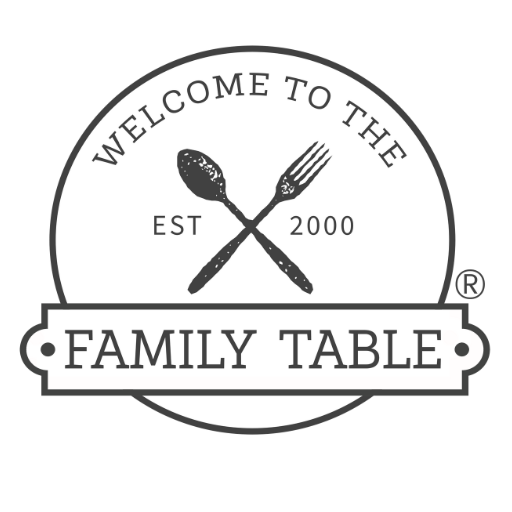
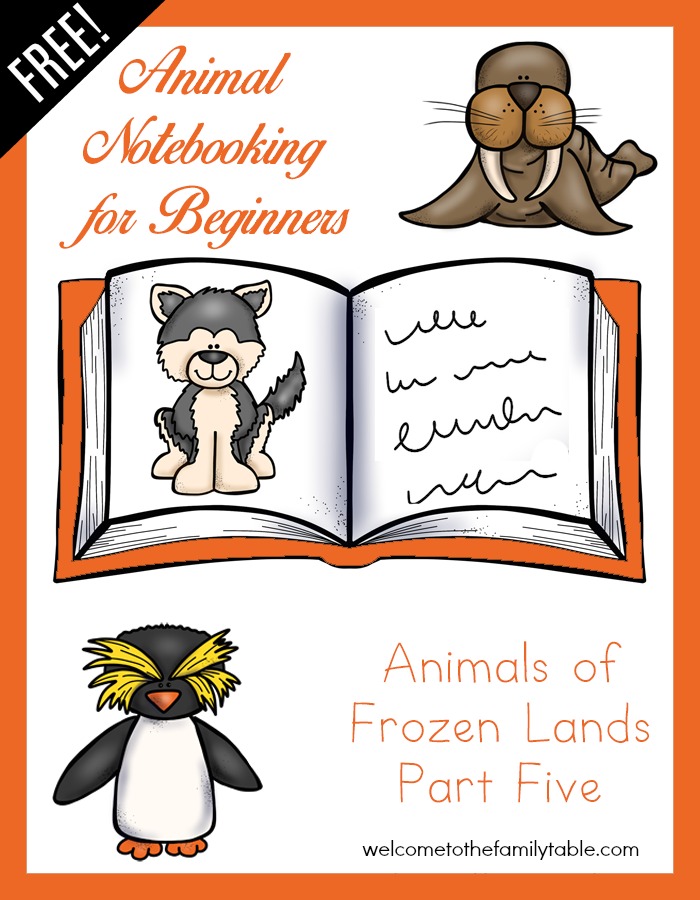
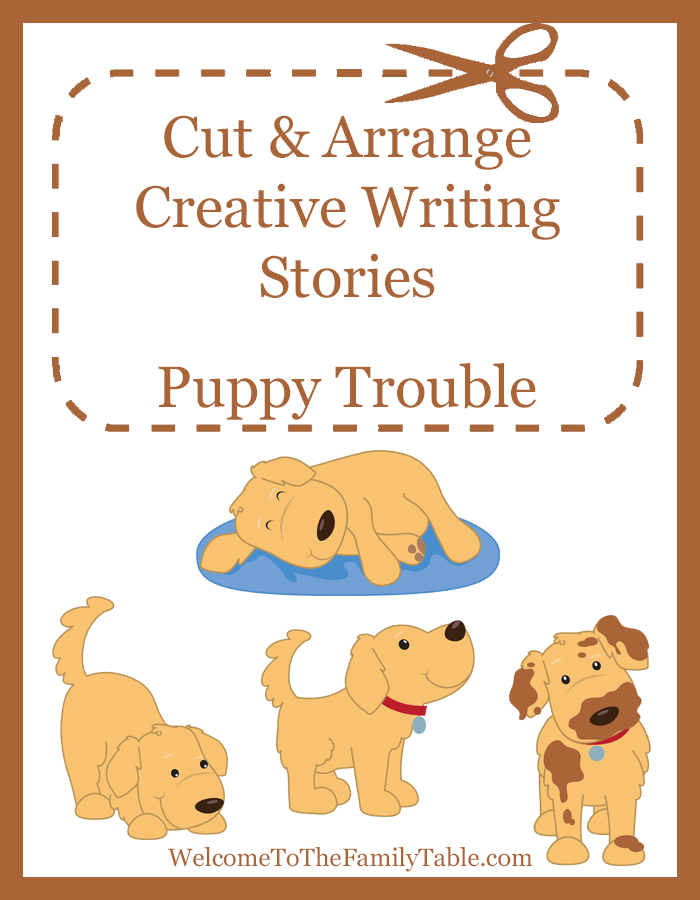

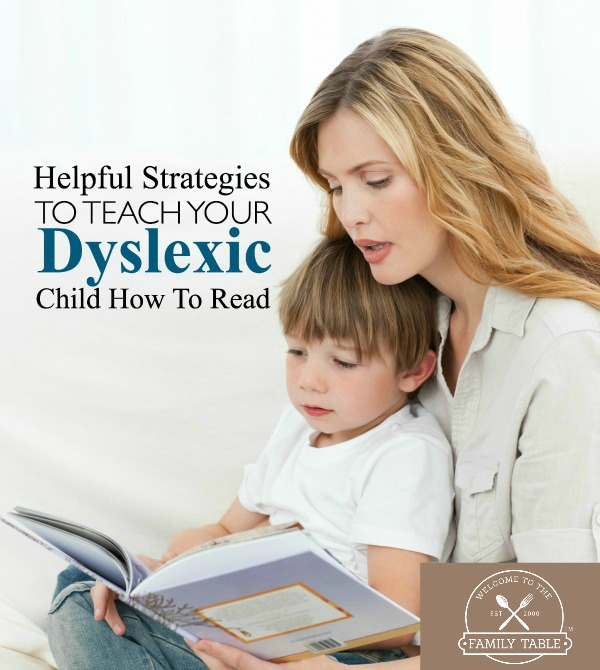
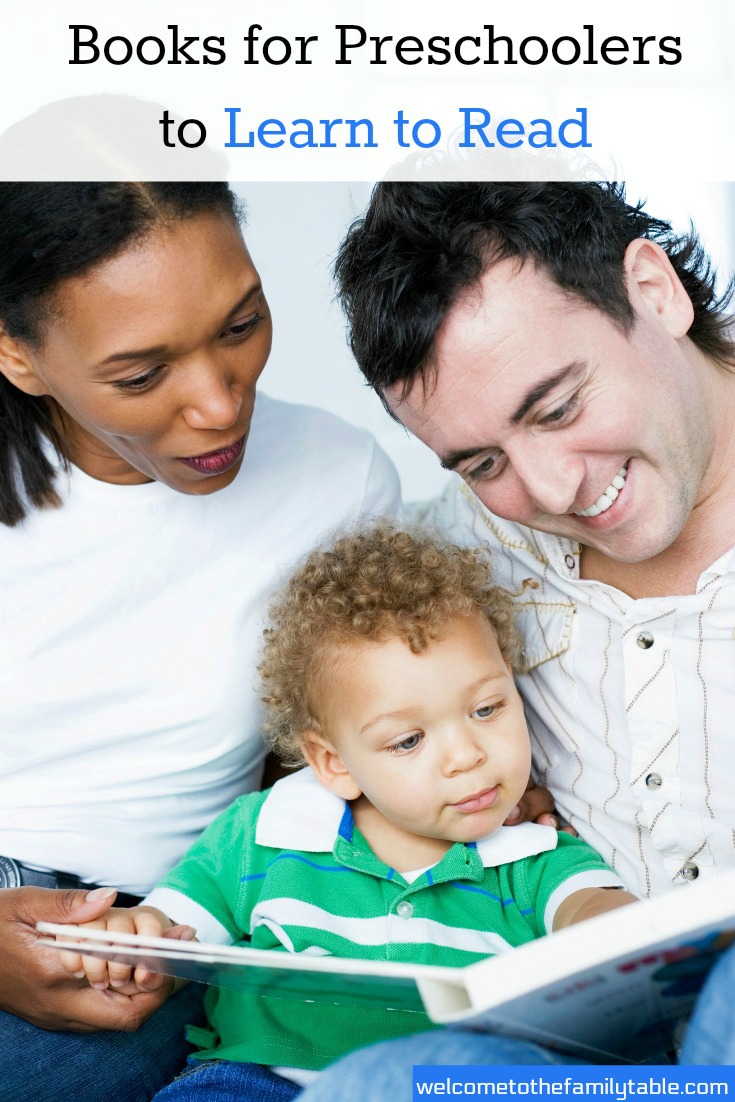
Hi Amy. I really don’t know of “a movement of unschoolers who are completely hands off, allowing their children to 100% learn by osmosis.” That’s a myth or a misunderstanding. There are lots of articles at Life Learning Magazine’s website describing just how much effort these families spend on trusting their children to learn. Here are two examples: http://lifelearningmagazine.com/1404/how-they-learned-to-read-and-write.htm
http://www.lifelearningmagazine.com/definitions/what_is_life_learning.htm
When I began to research unschooling as a homeschooling method, I did come across a few forums in which some people did post about this very thing. One woman commented that she lets her son watch tv all day long because he’s much happier than if he were in school, so I have to agree with Amy that there are some unschoolers out there, albeit perhaps a small faction, that do approach unschooling this way.
Hi Shelly!! Thanks for commenting!! I can’t wait to go catch up on your blog!
Thank you! You wouldn’t believe the questions I’ve been getting on my blog regarding this very subject. There are so many myths about unschooling out there!
Hi Wendy! Thanks for commenting! You would actually be very surprised to know all the different types of unschoolers there are. I’ve done my fair share of researching and there are blogs, videos and forums all dedicated to the type of hands off learning I was referring to. It’s definitely something that is out there!
Hi Amy, I am aware of all the different types of what people call unschooling! (I prefer the term “life learning.”) Our daughters, who are now 40 and 41, unschooled back when it was still called homeschooling, and before my colleague John Holt coined the phrase. 😉 In fact I’ve written hundreds of articles and four books on the subject. And my magazine Life Learning is one of the most long-lived sources of articles on the web regarding the various ways that kids can learn as if school doesn’t exist.
However, one of the foundations of unschooling is that children don’t need to be taught. How that plays out differs from family to family, and can sometimes look like nothing at all is happening. There are a number of articles on our site that are designed to help people understand the nuances, which are sometimes difficult to understand if people are using a conventional schooling mindset. I hope you don’t mind me sharing a link to some of them…. http://www.lifelearningmagazine.com/definitions/index.htm Regards, Wendy
I appreciate your expertise on the subject! In an age where Mothers are so inundated with curriculum choices, the failing public school system which they need to keep up with, not to mention pressure from how it all “used to be done,” my heart is to come along side women and encourage them to explore the freedom that is homeschooling.
It should rather be called “freedom school,” where moms can choose to unschool some subjects, add some teaching in and allow their family to figure out how it all works for them.